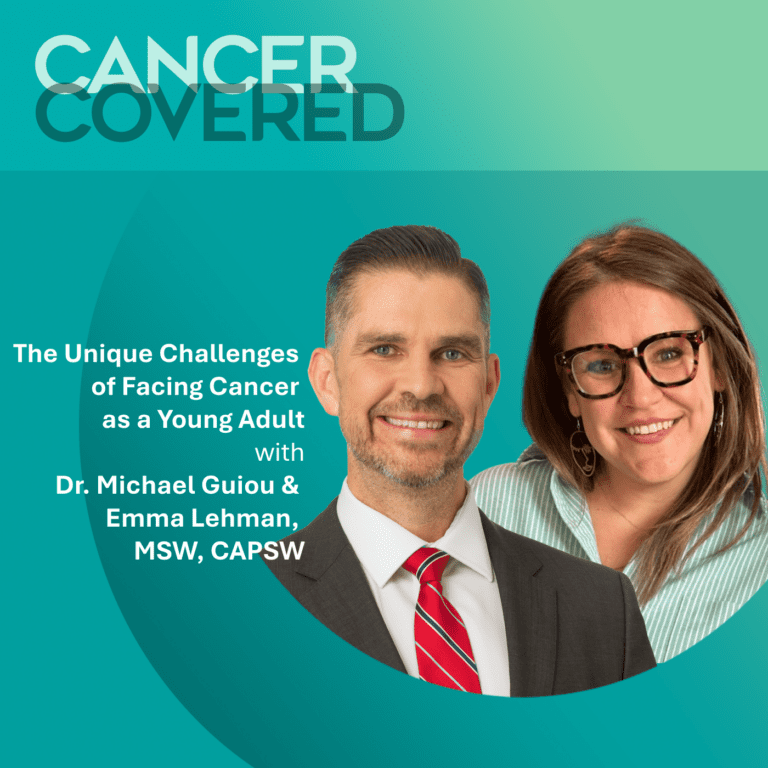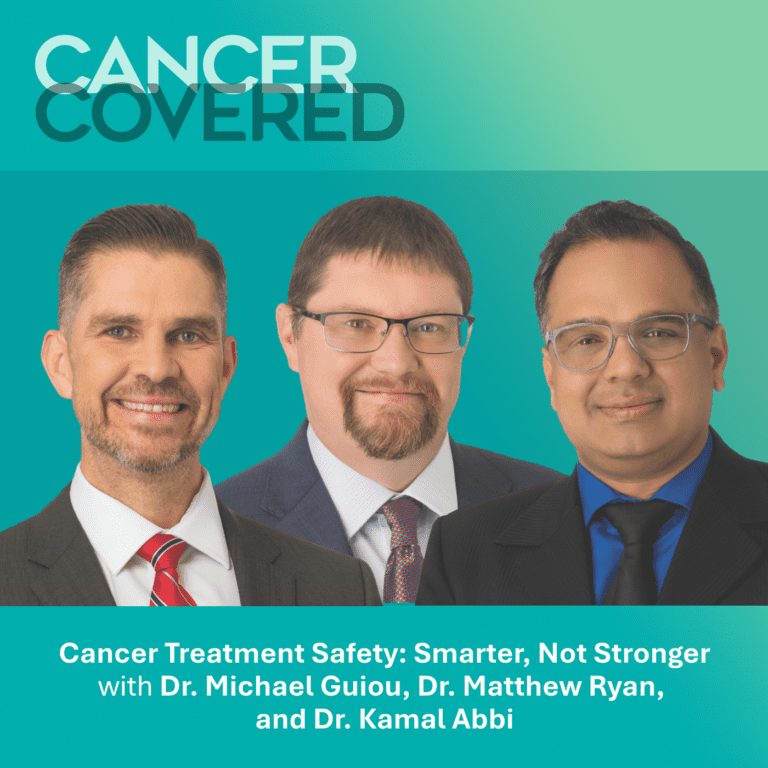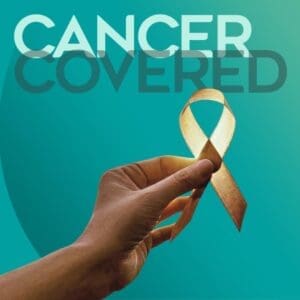
Cancer Covered Podcast
The practice of cancer medicine is complex and demanding. And like anything that takes practice, we’ll spend our whole lives trying to get it right. In each episode, the white coats come off as the dedicated men and women who take on cancer every day unpack the complexities of their work and share stories of how it’s done—and why they keep at it.
Filter or search our podcast episodes

Dr. Michael Guiou, a radiation oncologist, and Emma Lehman, a pediatric hematology/oncology social worker,...

Dr. Michael Guiou, Dr. Matthew Ryan, and Dr. Kamal Abbi discuss the key factors that impact the safety...

Dr. Alexander Starr and Dr. Matthew Ryan explain how tumor markers can help track cancer and treatment...

Insurance can be a maze at the best of times, and when treatments, tests, and ongoing care start to add...

Navigating Hope is the financial counseling program offered by Green Bay Oncology to help patients navigate...

How do you know if your cancer is cured? Listen as Dr. Brian Burnette and Dr. Tony Jaslowski explore...

Learn about the Spierings Cancer Foundation, its mission, and how Green Bay Oncology supports this Fox...

Understanding and preventing cancer recurrence is a crucial aspect of survivorship. In this episode,...

Learn how personalized dietary guidance can make a difference throughout your cancer journey and how...

Join Dr. Tony Jaslowski and Dr. Michael Guiou as they share their insights on understanding when and...

Dr. Evan Wenig is a board-certified medical oncologist and hematologist at Green Bay Oncology. Originally...
No posts found
Load More
Loading...
Do you have an idea for a podcast or blog post? Share it with us!
We want to ensure that the information we provide is relevant and helpful. If there is a topic you’d like to know more about, let us know.
We’ll keep your information private.


